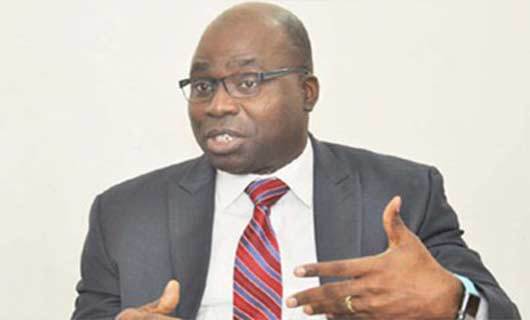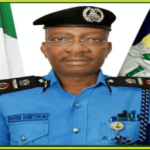
He gave the admonition on Monday at the commission’s headquarters in Abuja while declaring open a two-day workshop for reporters covering the activities of the ICPC.
Owasanoye said, “Fake news and biased reporting threaten all of us. It threatens the stability of the state and it threatens professional competence and our livelihoods.
“I hope that this workshop would offer an opportunity for the commission and the media to close ranks about deciding how to continue to communicate professionally bearing the risk of reporting fake news in mind.”
He further urged the participants to establish a relationship with the ICPC which would help deal with the scourge of corruption as well as the challenges and risks confronting both the media and the anti-corruption agencies globally.
The ICPC boss also revealed that since the first training workshop for journalists was held last year, there had been an improved trajectory of reportage and that this can be further improved by more engagements and sharing of information and perspective with stakeholders such as the workshop to close the gaps that have existed.
In his remark, the Director, Public Enlightenment and Education Department, ICPC, Mr. Ashiru Baba, claimed that the press had only focused on the arrests and prosecution of big shots in the society, adding that such practice negated the efforts at preventing corruption.
He noted that 90 percent of the ICPC’s activities were focused on prevention and public education, which should elicit high-level media coverage.
“This one-sided outlook by the media was due to the erroneous belief by some media practitioners that the fight against corruption begins and ends with the arrest and prosecution of the corrupt politically exposed persons.
“The ICPC also works on enhancing corporate good governance through anti-corruption and transparency units in ministries, departments, and agencies; systems study and review, ethics and integrity scorecards, corruption risk assessments, youth outreach and behavioural change strategies conducted by the Anti-Corruption Academy of Nigeria,” Mr. Baba said, while highlighting some of the commission’s efforts at preventing corrupt practices.





